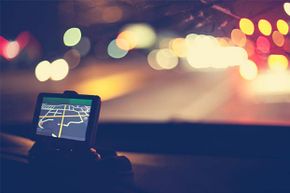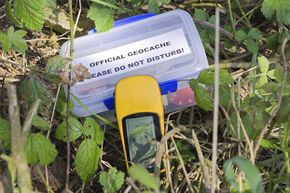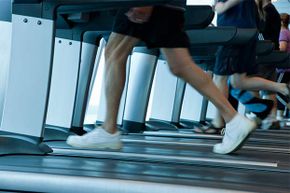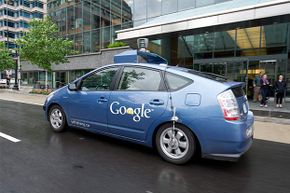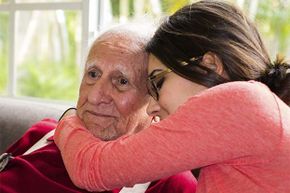When GPS was invented for military use, the designers could scarcely have imagined some of the applications civilians would eventually come up with for the technology.
The Global Positioning System (GPS) is a satellite-based navigation system, a network of two dozen orbital spacecraft that was put in place between the late 1970s and the mid-1990s by the U.S. Dept. of Defense [sources: Garmin, GPS.gov]. But the Pentagon soon allowed civilians to take advantage of the system's ability to pinpoint precise locations. Today, GPS-equipped gadgets -- from those cheery talking maps mounted on our dashboards to chips in our smartphones that help us to find nearby restaurants -- have become a part of our everyday lives.
Advertisement
And those uses were just the beginning. The real transformational power of GPS is evidenced by the myriad offbeat uses that people have dreamed up for it. Grocery retailers use GPS-equipped shopping carts to track consumers' movements inside supermarkets, to scrutinize their shopping habits [source: Lindstrom]. Farmers use GPS tracking to determine which areas of land need to be fertilized [source: Crop Nutrition.com].
Here are 10 of the more unconventional uses for GPS technology.
